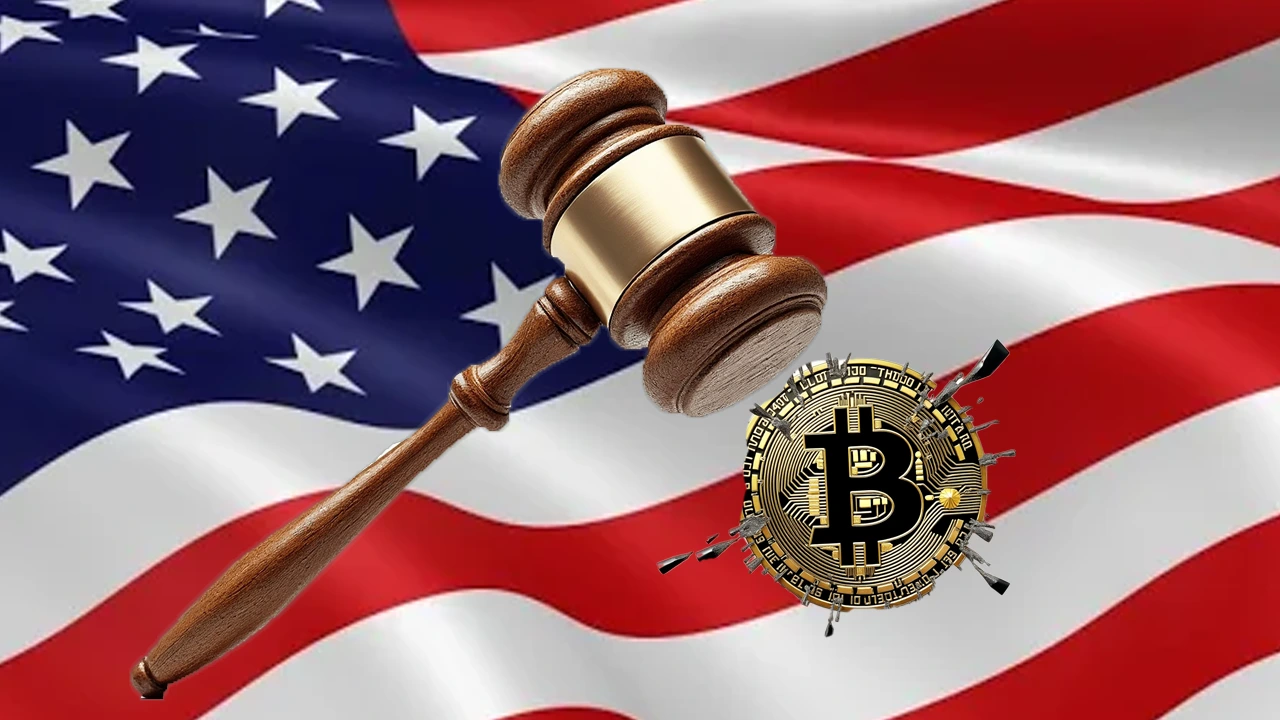
In a recent press conference following the monetary policy meeting, Federal Reserve Chair Jerome Powell made a significant announcement regarding the institution’s stance on Bitcoin. He firmly stated that the Federal Reserve has no intention of participating in any government initiative to acquire Bitcoin. Powell emphasized that decisions of this nature fall under the jurisdiction of Congress, and the Fed does not seek changes in legislation to permit Bitcoin holdings.
Impact of Powell’s Statement on the Bitcoin Market
The market reacted swiftly to Powell’s comments, with Bitcoin’s price experiencing an immediate decline from its earlier high in the week. This announcement also affected the probability of establishing a Bitcoin Strategic Reserve (BSR), which dropped from 40% to 34% on the Polymarket platform following Powell’s remarks.
Can the Fed Block the BSR Plan?
Within the financial hierarchy of the United States, Congress holds the ultimate authority, responsible for crafting regulations and empowering agencies like the SEC and the Federal Reserve to execute their duties. Although the Federal Reserve operates with a significant degree of independence in monetary policy and economic stabilization, it lacks the authority to unilaterally prevent the establishment of a Bitcoin Strategic Reserve (BSR).
Can the Trump Administration Establish a BSR Quickly?
The Trump administration could potentially expedite the creation of a strategic bitcoin reserve by issuing an executive order. This directive could instruct the U.S. Treasury to employ the Exchange Stabilization Fund (ESF) to directly purchase Bitcoin. Notably, the ESF operates with a degree of independence from Congress, granting the President and the Treasury substantial autonomy in its deployment.
This strategy would bypass the need for congressional approval, thereby minimizing political resistance. However, the longevity of such a reserve remains uncertain, as subsequent administrations could alter or rescind the executive order. This possibility arises from the expansion of executive powers, which are subject to modification by future mandates.
Establishing a Long-term BSR
For a more enduring and stable Bitcoin Strategic Reserve, a legal and secure pathway through congressional legislation would be necessary. This would involve integrating Bitcoin into the “Strategic Reserve Act” or similar legislative frameworks, thereby officially recognizing Bitcoin as a national strategic asset.
The proposed “U.S. Bitcoin Strategic Reserve Act,” championed by Senator Cynthia Lummis, exemplifies this approach and is currently under review by the Senate Banking Committee. However, this legislative route is more time-consuming and could encounter obstacles, as the bill must gain approval from both the Senate and the House of Representatives before receiving the President’s endorsement. Ultimately, the Treasury Department would spearhead the implementation of the Bitcoin reserve, rather than the Federal Reserve.
Is There a Middle Path Forward?
A potential compromise could involve collaboration between the Federal Reserve and the Treasury Department regarding Bitcoin allocation. The Federal Reserve could theoretically purchase Bitcoin through open market operations, integrating it into its balance sheet. However, given the Fed’s recent declarations, this scenario appears improbable.
Alternatively, the Treasury Department could establish a dedicated fund to invest in Bitcoin as part of a broader fiscal investment strategy, though this would necessitate congressional approval. While the Fed’s current stance is cautious, it does not completely dismiss the concept of a Bitcoin Strategic Reserve. The Trump administration’s supportive actions highlight an underlying tension between traditional financial authority and market innovation.






